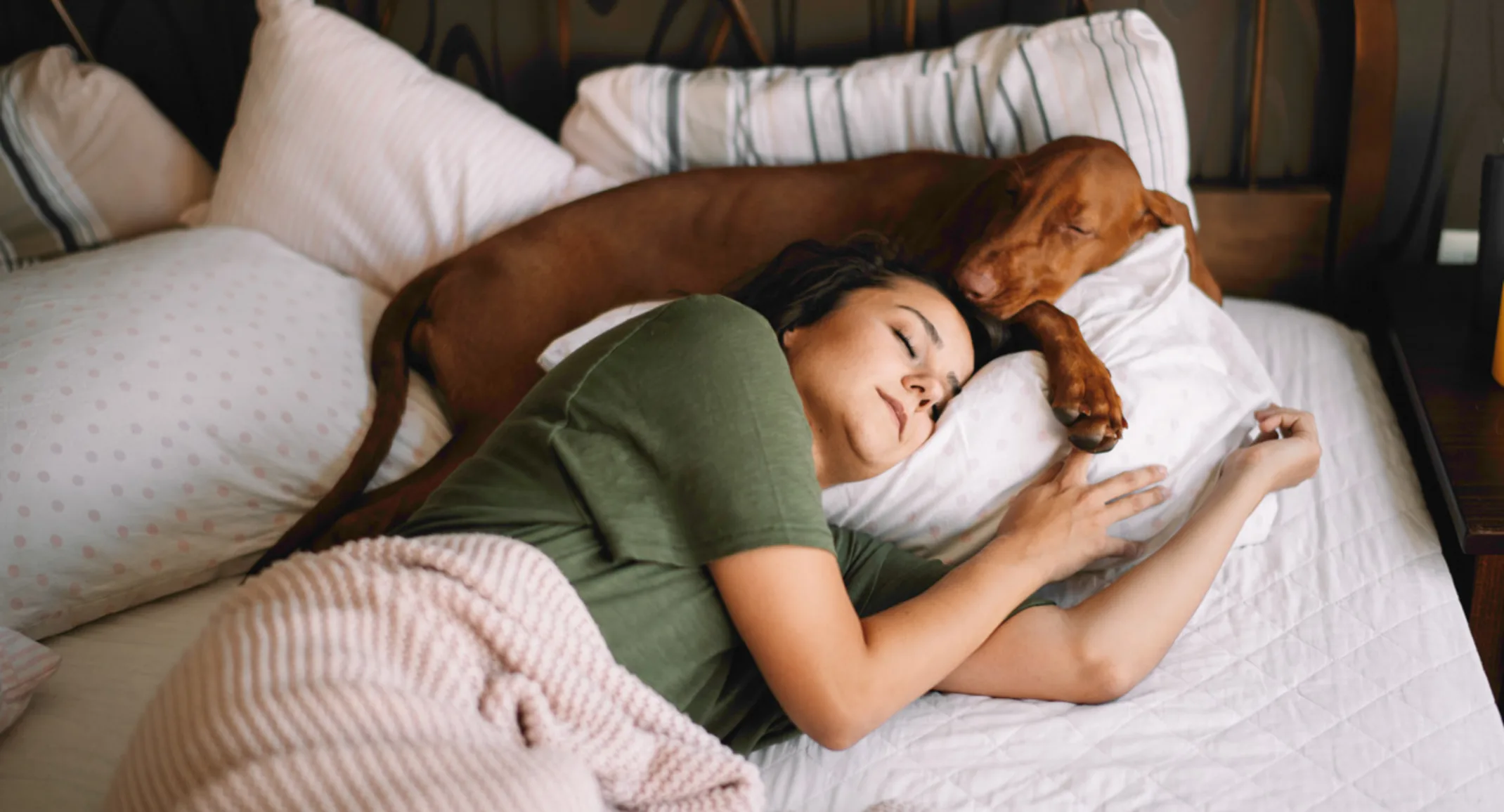Identifying Anxiety in Your Pet and How to Help
Tips and Tricks

Like us, our pets experience anxiety...
Anxiety in pets is a stress response that occurs when an animal feels fear, uncertainty, or discomfort-often triggered by a situation, environment, or past experience. It can affect both dogs and cats, and just like humans, it can range from mild nervousness to severe distress.
Anxiety can affect not only their behavior, but their physical health and quality of life overtime. The good news is that anxiety is manageable and treatable with the right care.
What are the signs of anxiety
Aggressive or destructive behavior
Constant barking/meowing
Excessive shaking or trembling
Hiding or attempting to escape
Immobility or “freezing”
Excessive lip or nose licking
Increase respiration or heart rate
Excessive urination or defecation
If you see signs of anxiety in your pet, talk with a veterinarian. They can work with you to identify possible triggers, determine if it's a situational or an ongoing condition, and develop a potential treatment plan tailored to your pet's specific needs.
Tips on how you can help your pet's anxiety
Provide a quiet, comfortable area where your pet can retreat when feeling overwhelmed
Expose them to calming sounds such as music or white noise to mask potentially stressful sounds
Establish consistent routine and predictability with their feeding times, walk schedules, and playtime
Promote exercise and mental stimulation to help release their endorphins, which can have a calming effect
Introduce them gradually and positively to new things that may trigger their anxiety
Give them positive reinforcement by rewarding calm behavior and positive associations with their anxiety triggers
Consult with us to determine cause of anxiety and how to help treat it
When we know better, we love better.
